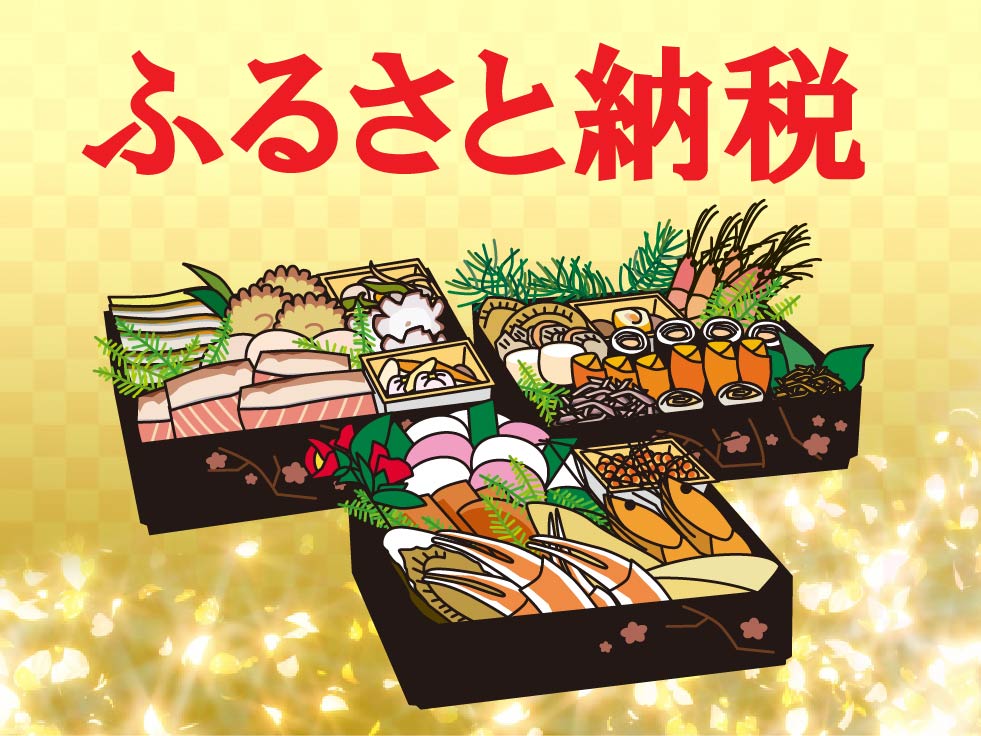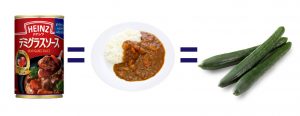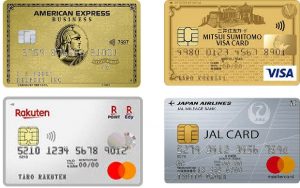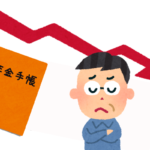
Yesterday, I received Furusato tax return gift of Osechi.
My wife asked the price, and when I said 2,000 yen, she asked, "Really? Why is it so cheap? "
So I tried to explain about "hometown tax payment," but my English was not good enough to answer right away, so I told him that I would write about it in my blog and he should read it.
So I'll write about "hometown taxation" so that foreigners can understand it.
Major taxes relevant to the average Japanese person
Income tax: Tax paid to the government based on salary and other income.
A tax paid to the local government (municipality or prefecture) in which you live.
Consumption tax A tax paid on the purchase of goods and services.
Income tax and inhabitant tax are paid directly to the national or municipal government. If you work for a company, the company deducts the tax from your salary and the company pays it to the national or municipal government.
Each time a purchase is made, consumption tax is paid to the purchaser and the purchaser pays it to the government.
Overview of Hometown Taxes
This is a system in which people who have moved to cities to work away from their hometowns can make donations to support the hometowns that have taken care of them.
You can donate not only to the hometown that has taken care of you, but also to the local government you want to support.
The donations received will be used as income for local governments. This will help local governments, especially those whose population is decreasing and whose income from resident taxes is decreasing.
returned goods
Local governments that receive donations often send items in return to the donors. The return gifts often include local specialties.
Moreover, since the amount of the donation is determined and announced in advance, it has become the norm for people to donate for the return items.
Benefits for those who pay taxes in their hometowns
Not only can you receive a return gift, but you can also receive an income tax refund or a resident tax credit for the amount you donate minus 2,000 yen (e.g., 48,000 yen for a donation of 50,000 yen).
So, in effect, you can get a return gift for only 2,000 yen.
That's why I answered "2,000 yen" when my wife asked me the price of the Osechi.
If such hometown tax payments go too far, the percentage of the donated amount that is returned may become too high, which may deviate from the original purpose of "hometown tax payments.
For example, instead of using local products, Amazon gift certificates can be used as return gifts.
This time, I donated to Kasuya Town in Fukuoka Prefecture. It is a town adjacent to Fukuoka Airport, and I have relatives who live there.
Osechi is an essential part of the Japanese New Year's celebration, and although I usually bought it at department stores and other mail-order stores, it is quite expensive. This year, thanks to the "Furusato Tax", I will be able to have the Osechi of my birthplace at a bargain price.









